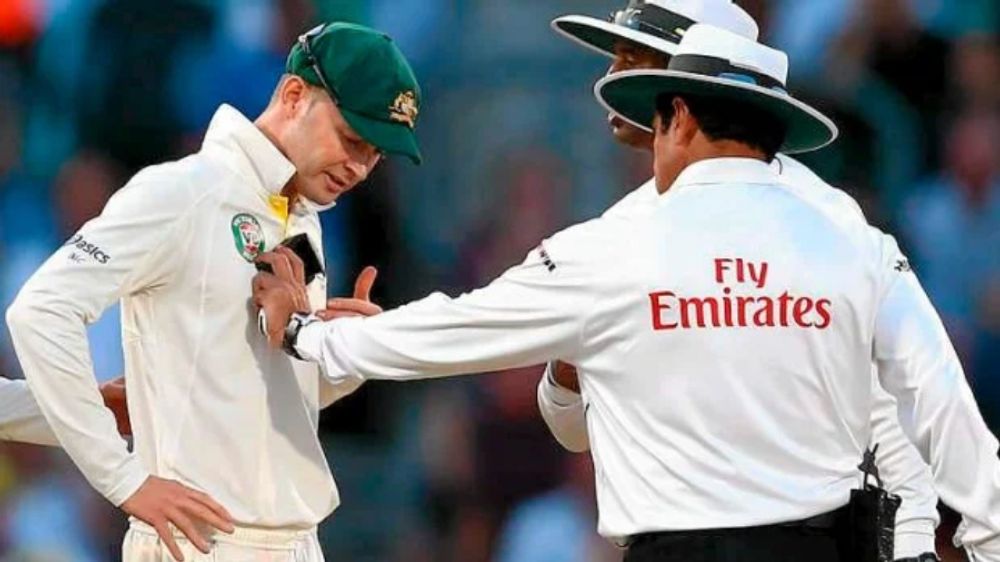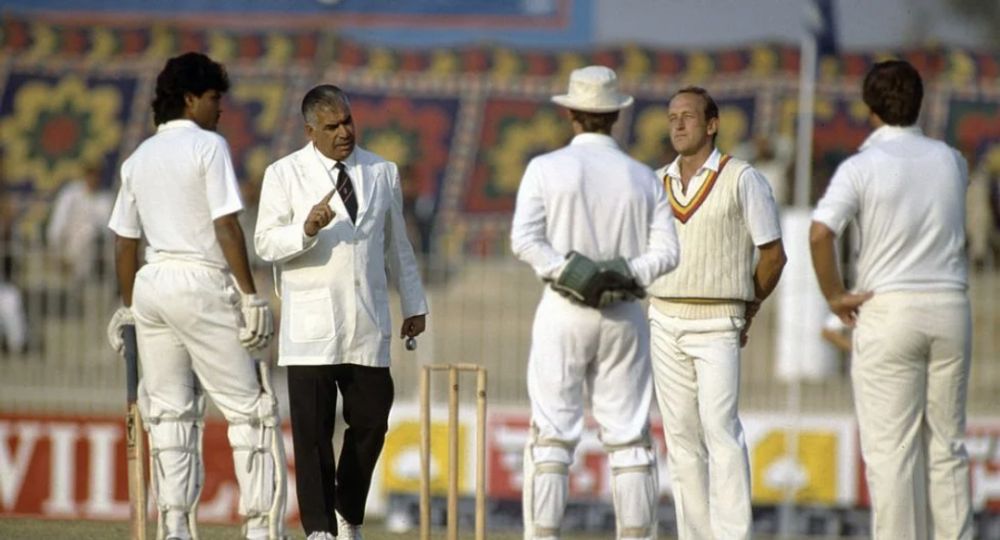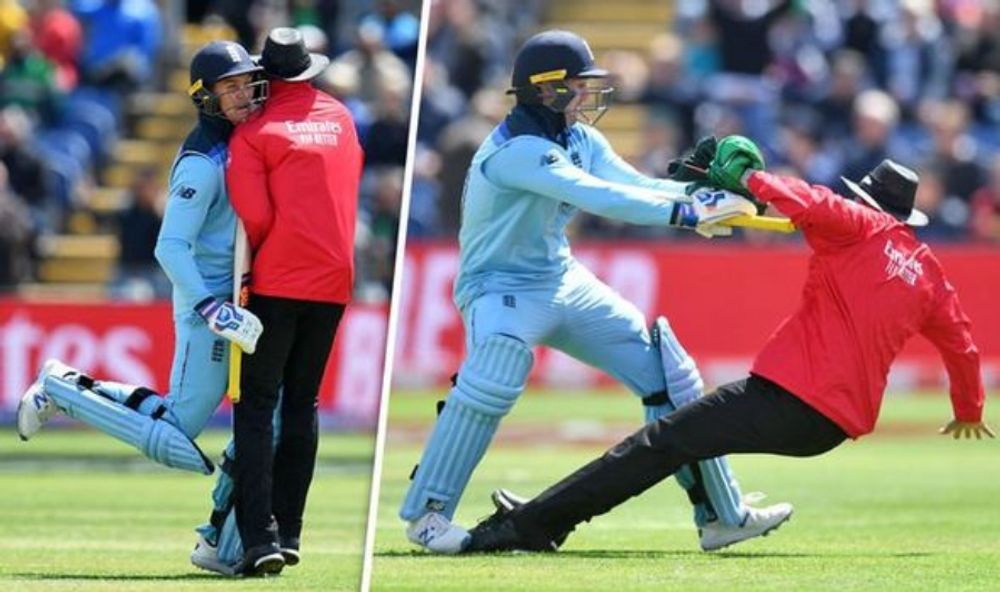

Cricketers are supposed to stick to an exclusive expectation of lead on the field of play, remembering for their communications with umpires. The Global Cricket Committee (ICC), the overseeing collection of cricket, has laid out rules and guidelines to guarantee that players keep a deferential and proficient disposition towards them during matches.

One of the key justifications for why cricketers are not permitted to be forceful towards is to keep up with the honesty of the game. Umpires assume an essential part in guaranteeing that matches are played reasonably and as per the principles, and any endeavors to threaten or impact them can subvert their power and the validity of the actual game. Also, they are human and can commit errors, yet they are supposed to settle on their choices in light of the data accessible to them at that point. Forceful way of behaving towards them, they can pressure them into going with choices that they may not in any case have made, which can prompt unreasonable results.

The Worldwide Cricket Chamber has laid out a Set of rules for cricketers and authorities partaking in global cricket matches
Arrangements with respect to player conduct towards them. The Implicit set of principles sets out a scope of offenses that can bring about disciplinary activity, including fines, suspensions, and even restrictions from the game. These offenses include:
1. Contradict: Any demonstration of conflict or dissatisfaction with an umpire's choice, including verbal or actual signals, can be viewed as dispute. Players are supposed to acknowledge umpires' choices as definite, regardless of whether they accept they are erroneous.
2. Unseemly language: The utilization of language that is harmful, annoying, or profane towards umpires is disallowed. This incorporates both verbal and composed correspondence, for example, by means of virtual entertainment.
3. Terrorizing: Any activity that is expected to threaten or impact an umpire's dynamic interaction is precluded. This can incorporate verbal or actual dangers, as well as forceful non-verbal communication.
4. Refusal to agree: Players are expected to consent to them' directions consistently, including solicitations to leave the field, change gear, or change their way of behaving. Refusal to consent can bring about disciplinary activity.
5. Level 4 offenses: In outrageous cases, for example, actual attack or undermining conduct towards umpires, players might be accused of a Level 4 offense, which can bring about a restriction from all cricket exercises for a predetermined timeframe.

Notwithstanding the Set of rules, the Global Cricket Gathering has likewise settled an arrangement of match authorities, including umpires and match refs, to direct worldwide cricket matches. Match authorities have the position to implement the Set of principles and to force disciplinary activity on players who abuse its arrangements.
